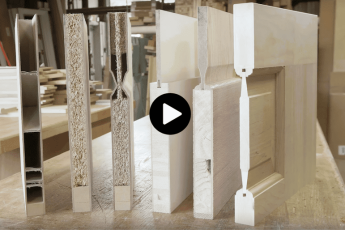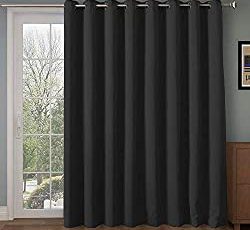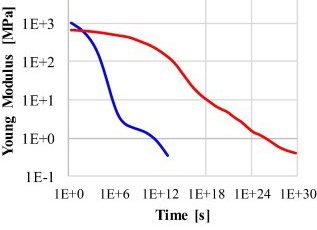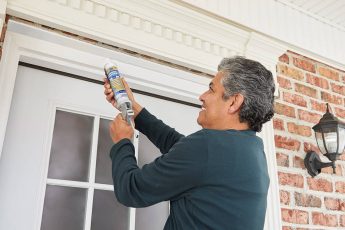A window soundproofing film is an excellent way to improve the noise level in a room or home. The type of film you choose should be suited to the noise level you’re looking to control and the STR (sound transmission class) rating that you need. Here are some tips on how to choose the best window film for your needs.
Noise-canceling window film
Noise-canceling window film can help to block out noise from outside your home. These window films are usually made of two layers of polymer that trap the sound in between the film and window pane. They are typically applied to single or double-glazed windows. Some types of noise-canceling window film have built-in speakers for even more comfort.
Soundproof window film can reduce unwanted noise from traffic and construction, while also adding a modern touch to your exterior design. It can be as simple as installing a transparent window film or as elaborate as adding colourful patterns to your home. The material of the film is also an important consideration. Look for a film with a lot of polymer layers and a core lamination.
Another benefit of noise-canceling window film is energy efficiency. It helps to regulate the temperature inside a building and save electricity. In addition, most of these films also provide UV protection. UV rays can damage your skin and the interior property in your home. Lastly, noise-canceling window film can be tinted or colored, depending on the style you want.
Noise-canceling window film is a versatile product that can be applied to any window in your home. It is made of three layers, the middle one is a transparent lamination core that blocks sound and the other two layers support the aesthetics of the product. Most noise-canceling window films can be applied to any type of window and reduce exterior noise by up to five decibels. This may seem like a small amount, but it is still significant when you consider the sound we all experience every day.
Noise-canceling window film is also an inexpensive alternative to soundproofing windows. You can install it yourself or get a professional to do it for you. However, this is a temporary solution to the problem of obnoxious noise in your home. For more permanent solutions, you can install soundproof windows.
Vinyl window film
A vinyl window soundproofing film is an excellent option for reducing noise inside your home. These films have a high Sound Transmission Class, which measures how well a material reduces sound waves. This makes them a great alternative to other soundproofing techniques. Some fancy versions of these films even have built-in speakers. These films consist of two layers of polymer: the first absorbs outside noise, while the second blocks it. The built-in speakers then emit music through the window.
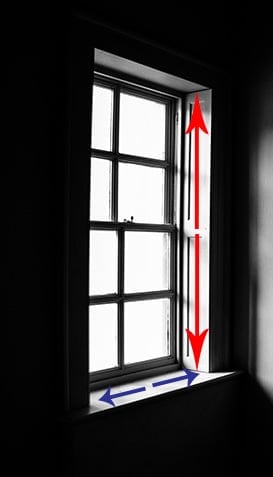
If you’re looking for a more affordable option, you can also try installing window soundproofing films yourself. These films are usually made from Environmental PVC or plastic vinyl, which reduces the intensity of sound waves that travel through the window. In addition to providing a soundproofing solution, they also provide privacy and light control for your room. These films are also reusable, so they can be easily removed and stored when not in use.
Most window soundproofing film products are easy to install. Most manufacturers have shifted away from adhesives and instead use reusable static-cling methods to apply the films to your windows. This way, you can remove them whenever you want to. This is especially useful for thin glass, which usually has air gaps.
Another option is mass loaded vinyl. It has a STC rating of 32 and is very effective at blocking sound. This material is also suitable for engine compartments and protects homes. It’s made from PVC and vinyl, and is easy to apply. It can also be attached to the window casing.
Standard vinyl windows without soundproofing film have a STC rating of 26 to 32, which makes them vulnerable to noise pollution.
Aluminum foil or black aluminum foil
Before you begin the process of using aluminum foil for window soundproofing, you should know how large the windows are. Measure the length and width of the windows, and add up the square footage. This will give you the exact amount of foil you will need to cover the window. Be sure to buy enough tin foil for the area of the windows you’ll cover.
Tin foil is inexpensive compared to curtains or blinds. It’s also a good soundproofing material. However, make sure to get quality tin foil. Cheaper foil can tear easily and cause you frustration during the installation process. But it will last a long time if you purchase good-quality foil.
Using aluminum foil for window soundproofing is a cost-effective and aesthetically pleasing option. While it may sound dangerous, it’s not hazardous to your health. In addition to keeping rooms pitch black, it’s also effective at keeping your home cool. If you want to make your house soundproofed for longer, you can also use blackout curtains and blackout film.
You can buy aluminum foil online for a relatively low price. It’s also easy to apply and comes in a variety of sizes and styles. You can even find the perfect fit for your home. You can even buy a kit for soundproofing windows on Amazon.

Sound transmission class (STC) rating
STC rating refers to the amount of sound transmission a material can block. A higher STC rating means more effective soundproofing, and it is the most widely recognized acoustic performance measurement. The STC rating is an important consideration when choosing window soundproofing film.
STC rating is determined using a specific process described in the ASTM E90 standard. The standard describes a process that determines the transmission loss a material has at different frequencies. Sound pressure levels are measured in two rooms separated by a material, and the difference is used to calculate transmission loss.
The STC rating of a window soundproofing film is a key indicator of its ability to reduce sound transmission. The higher the STC rating, the more effective the window is. Single-pane windows have an STC rating of 18-20, and double-paned windows can achieve STC ratings of 28-32. Quality windows are excellent barriers against outside noise. Their varied thickness and air space between glass panes also contribute to blocking noise.
Soundproofing windows are an excellent way to reduce energy costs and improve the look of your home. Sound enters your home through the envelope consisting of exterior walls, windows, doors, and the roof. The windows and doors are important parts of this envelope. If they are installed with good STC ratings, they can help you combat traffic noise, airplane noise, and train noise.
There are many types of window soundproofing film available on the market today. Double-pane windows with dissimilar glass can block a wider range of sound frequencies. They also provide additional energy efficiency benefits, as they typically have more air space between the panes.
Cost
Window soundproofing film is a great way to reduce noise from outside the room. This type of film has a softer surface than glass, which reduces sound reflection. It also eliminates cracks and gaps around windows. This type of film is useful for people who have problems sleeping due to the noise that they are exposed to from outside.
Soundproofing films come in various thicknesses and can be applied to both sides of a glass pane. However, the film must be applied firmly and cleanly. It must not leave any air bubbles behind, and it should also not be too thin. In addition, thin film may not be as effective as thicker films. You can also use acoustic caulk around the edges of your windows to further reduce the noise.
Installing window soundproofing film can be expensive, but it is worth it. The price of window soundproofing film depends on the material used and the skill of the installer. There are vinyl, fiberglass, and wood window inserts available. The material used for the inserts is thick and helps block sound while maintaining the window’s transparency.

The cost of window soundproofing film depends on how many windows you want to soundproof. More windows will require more material and require a permit, which will increase the cost. Moreover, wood-framed windows will require more labor, which makes them more expensive than aluminum windows. You will also have to pay a higher amount if the windows are located on upper levels.
Window soundproofing film can be expensive, so you need to research your options carefully before you make your decision. First, you need to determine the reason for soundproofing. Is it primarily to cut the noise from outside, or is it to reduce the amount of noise inside the home?

